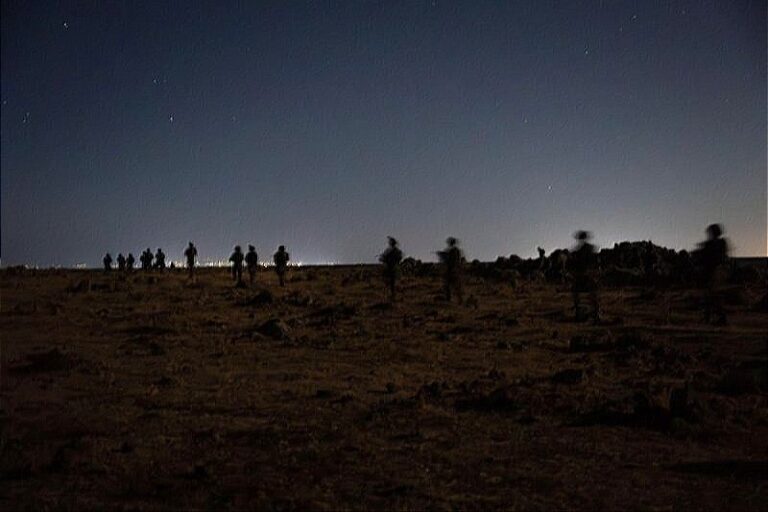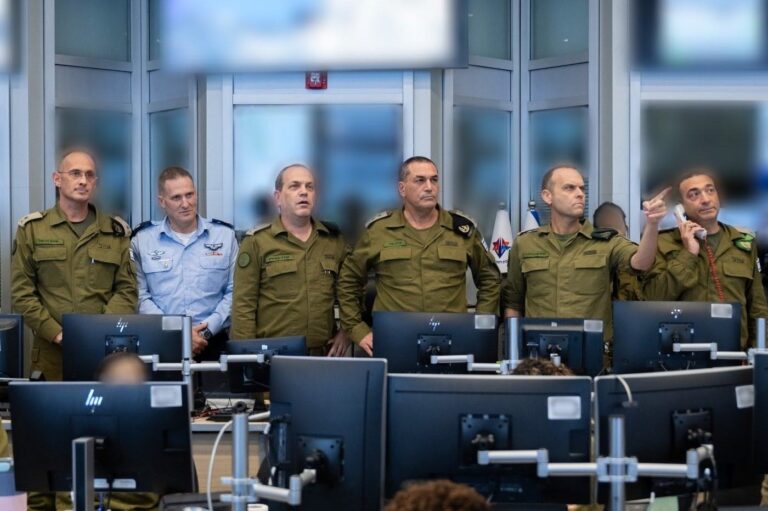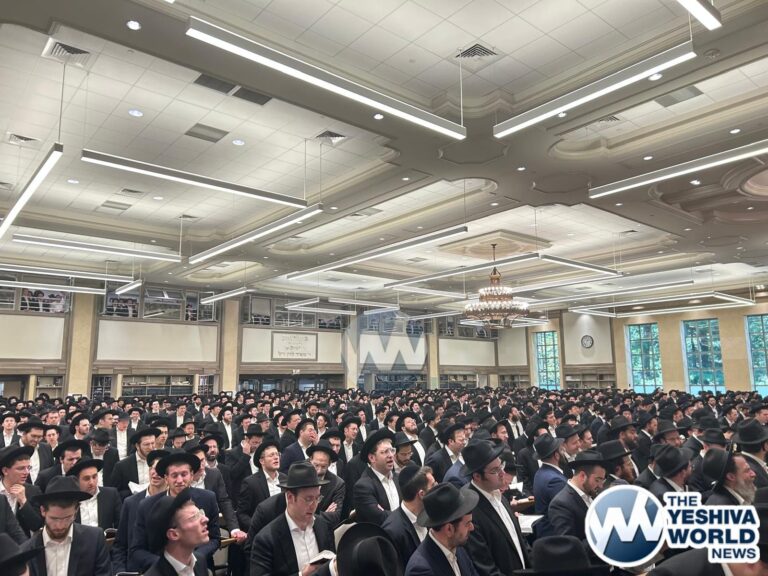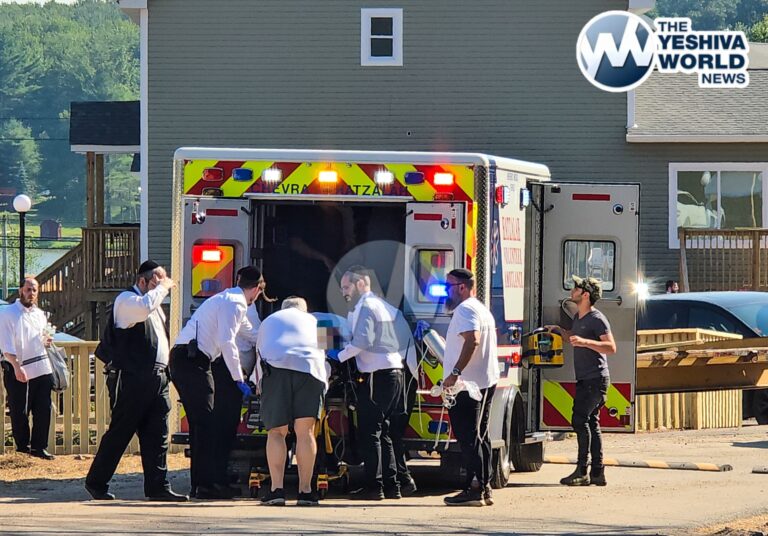 In a presidential campaign that has suddenly shifted in focus to terrorism and security, Democrat Hillary Rodham Clinton and Republican Jeb Bush both see opportunities to cast themselves as best prepared to be commander in chief in tumultuous times.
In a presidential campaign that has suddenly shifted in focus to terrorism and security, Democrat Hillary Rodham Clinton and Republican Jeb Bush both see opportunities to cast themselves as best prepared to be commander in chief in tumultuous times.
In back-to-back foreign policy speeches this week, Clinton and Bush outlined blueprints for defeating the Islamic State, the extremist group blamed for last week’s attacks in Paris that killed 129 and left hundreds more wounded.
While some of the details differed, most notably on the role of U.S. ground forces, the plans of both candidates are grounded in a belief the next president must be more aggressive than the current one in order to defeat the Islamic State group.
“It is time for American leadership again,” Bush said Wednesday in remarks from The Citadel.
Clinton echoed that sentiment one day later, declaring: “This is a time for American leadership.”
Bush and Clinton’s dueling speeches were a reminder of a time when the 2016 general election seemed destined to be a contest between members of two prominent American political families seeking a return to the White House.
Clinton’s campaign has so far proceeded largely according to plan. After spending the summer struggling with questions about her use of a private email account and server while secretary of state, she has steadied her campaign and appears to be in strong position to fend off a challenge from Vermont Sen. Bernie Sanders, an independent seeking the Democratic nomination.
Bush’s bid for the Republican nomination, however, has so far been a stunning disappointment to many of his supporters. While the former Florida governor raised eye-popping sums of money for his super PAC, he’s struggled to connect with voters and gain traction in a crowded GOP field dominated to date by political novices Donald Trump and Ben Carson.
Bush backers have long predicted — and more recently, nervously hoped — that as voting draws closer, Republican voters would begin evaluating candidates less on their visceral appeal and more on competency and policy expertise. Bush’s speech at The Citadel had been planned for weeks, but the Paris attacks gave him an opportunity to remind voters that the next president will quickly confront vexing problems.
“If these attacks remind us of anything, it is that we are living in serious times that require serious leadership and that the free world needs to act,” Bush said. He advocated bolstering the U.S. military’s presence on the ground in Syria and Iraq, but didn’t say how many troops he envisioned sending into the chaotic region, nor did he outline what functions they would carry out.
Bush’s remarks were generally well-received by Republicans, though there was little sense that they marked a turning point for his struggling candidacy.
“What he said was fine,” said former Sen. Jim Talent, a Republican from Missouri who has advised GOP presidential candidates on foreign policy. “I don’t know that it breaks him out of the pack through.”
Clinton’s remarks Thursday served as a reminder of her fluency on international issues, cultivated in part during her four years as President Barack Obama’s secretary of state. Her biggest risk comes from being associated with Obama’s foreign policy, given that polls show the public is increasingly pessimistic about the president’s handling of world affairs.
While Clinton has been careful to avoid criticizing Obama’s approach to the Middle East, she emphasized in her remarks the ways she would tackle the situation differently, including setting up a no-fly zone over Syria.
Bush, too, supports a no-fly zone, as well as the creation of “safe zones” to offer protection to Syrians. Bush and Clinton were also in agreement in their calls for arming the Kurds, one of the most effective fighting forces in the region, and bolstering the involvement of Arab partners.
“They’re both part of a broader political consensus that seems to have developed over the course of the campaign that the U.S. needs to do more,” said Nick Heras, a Middle East researcher at the Center for New American Security, a Washington-based think tank.
The candidates’ starkest difference came on the issue of sending American ground troops into Iraq and Syria to directly fight the extremists. While Bush said that step was imperative, Clinton said she would resist deploying ground forces even if the U.S. were directly attacked.
Asked whether it would really be possible to resist calls for such action in the wake of a terror attack on U.S. soil, Clinton conceded there would be enormous pressure.
But, she added, “I think it would be a mistake.”
(AP)










